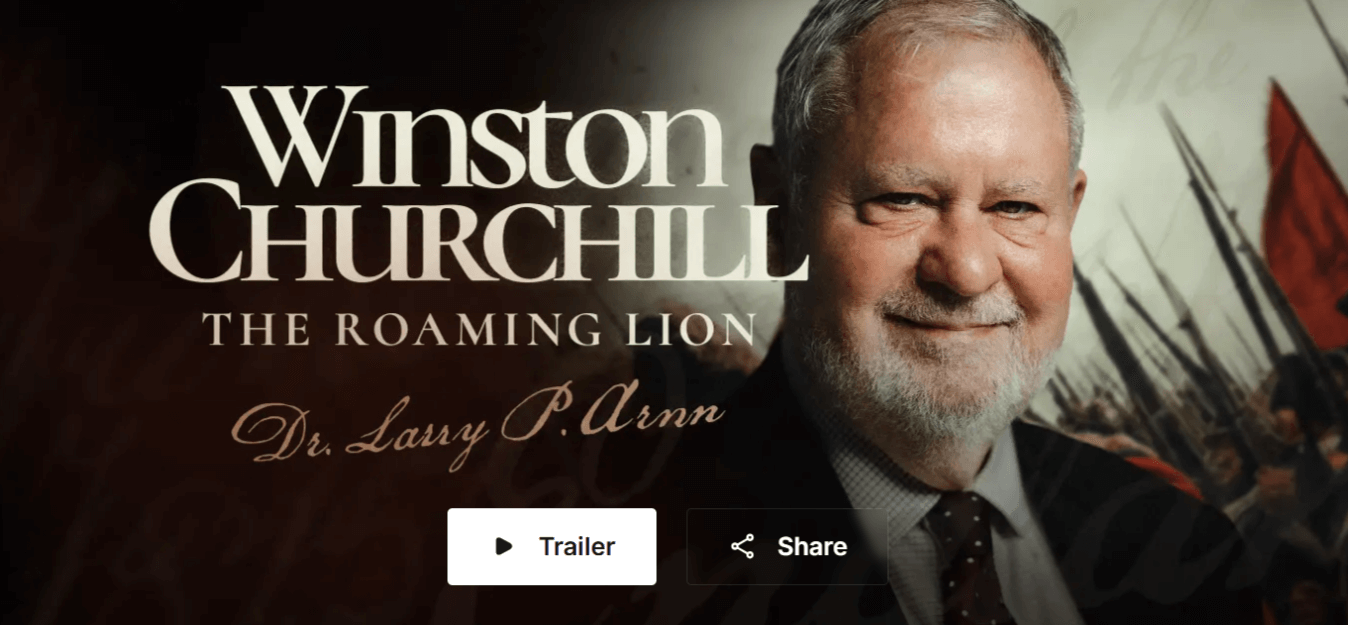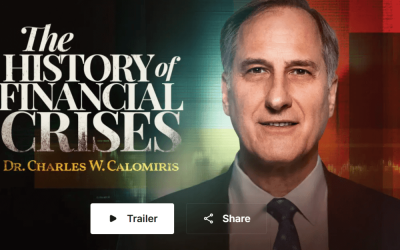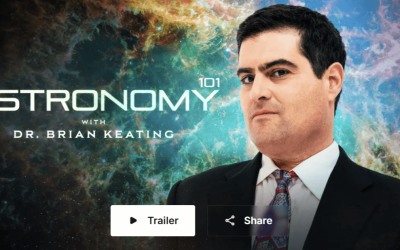🌟 New Year Offer 🌟
Celebrate 2025 with 30% OFF on all products! Use code: NEWYEAR2025. Hurry, offer ends soon!
Explore Churchill’s evolution from a soldier-writer to a statesman, highlighting his perspectives on warfare, democracy, and individual liberty, while examining how Britain’s geography and history shaped his strategic thinking.
File Size: 5.881 GB.
Format File: 6 MP4, 6 SRT, 7 TXT.
Peterson Academy – Larry Arnn – Winston Churchill – The Roaming Lion

Dr. Larry P. Arnn
Political philosopher
In Winston Churchill: The Roaming Lion, a six-hour course, Dr. Larry Arnn examines Winston Churchill’s life, philosophy, and political legacy through a comprehensive analysis of his military experiences, leadership principles, and views on governance. The lectures explore Churchill’s evolution from a soldier-writer to a statesman, highlighting his perspectives on warfare, democracy, and individual liberty, while examining how Britain’s geography and history shaped his strategic thinking. The course delves into Churchill’s complex political philosophy, including his approach to just war, constitutional government, and the balance between social welfare and individual freedom.
Lectures

1. Beginnings of a Statesman
In our introductory lecture, Dr. Larry Arnn explores Winston Churchill’s formative years and early career, focusing on his military experiences and development as both a warrior and writer. The lecture examines how Churchill’s observations during colonial conflicts, particularly the Battle of Omdurman, shaped his understanding of how modern technology was transforming warfare from a test of courage to a mechanized process. The discussion highlights how these experiences influenced Churchill’s later political career and his complex relationship with war, which he both mastered at and deeply feared.

2. Churchill on Governance
In lecture two, we look at Churchill’s views on genius, leadership, and the challenges of modern governance, focusing on the relationship between exceptional individuals and democratic rule. We examine his understanding of political regimes, concerns about mass society and standardization, and his commitment to individual liberty and constitutional reform. The lecture concludes with an analysis of Churchill’s unique blend of practical leadership and intellectual depth, highlighting his lasting impact on political thought and governance.

3. Churchill on Warfare
In lecture three, we adopt a wider perspective and examine how Britain’s island geography shaped its political institutions and military strategy, with a focus on Churchill’s strategic vision. His experiences in the First World War are explored, highlighting efforts to prevent devastating trench warfare through innovations like the tank and alternative strategies such as the Dardanelles campaign. The lecture emphasizes the importance of understanding a nation’s unique characteristics and how they influence its politics and wartime strategies.

4. Churchill on Leadership
In lecture four, we consider the concept of just war, focusing on Churchill’s perspectives on warfare, justice, and leadership philosophy. The discussion examines how Churchill balanced the necessity of war with its moral implications, emphasizing his belief that justice fundamentally means respecting property rights and individual autonomy. The lecture concludes by analyzing Churchill’s approach to leadership, highlighting his preference for leading through persuasion rather than force, and his commitment to preserving peace through practical judgment and moral courage.

5. Churchill on Politics
In lecture five, we explore Churchill’s views on governance, focusing on his complex relationship with the British Empire, particularly India, and his understanding of constitutional government. Dr. Arnn examines Churchill’s belief in the importance of the consent of the governed, parliamentary debate, and public participation in politics, while also addressing his controversial stance on imperialism and his vision for decentralized governance. The discussion concludes by highlighting Churchill’s commitment to civilization, defined as the rule of law and civilian authority, and his advocacy for open, responsive government systems.

6. Churchill on Civilization
In our sixth and final lecture, we learn about Churchill’s political philosophy and his views on government, focusing on his efforts to balance social welfare with individual liberty through initiatives like the social safety net. The discussion examines Churchill’s opposition to socialism, his support for religious freedom, and his understanding of human equality, while highlighting his vision of civilization as founded on personal independence and representative government. Dr. Arnn concludes our course by exploring Churchill’s views on friendship, justice, and the importance of maintaining civil discourse in political life.
Course Features
- Lectures 0
- Quizzes 0
- Duration 10 weeks
- Skill level All levels
- Language English
- Students 163
- Assessments Yes





